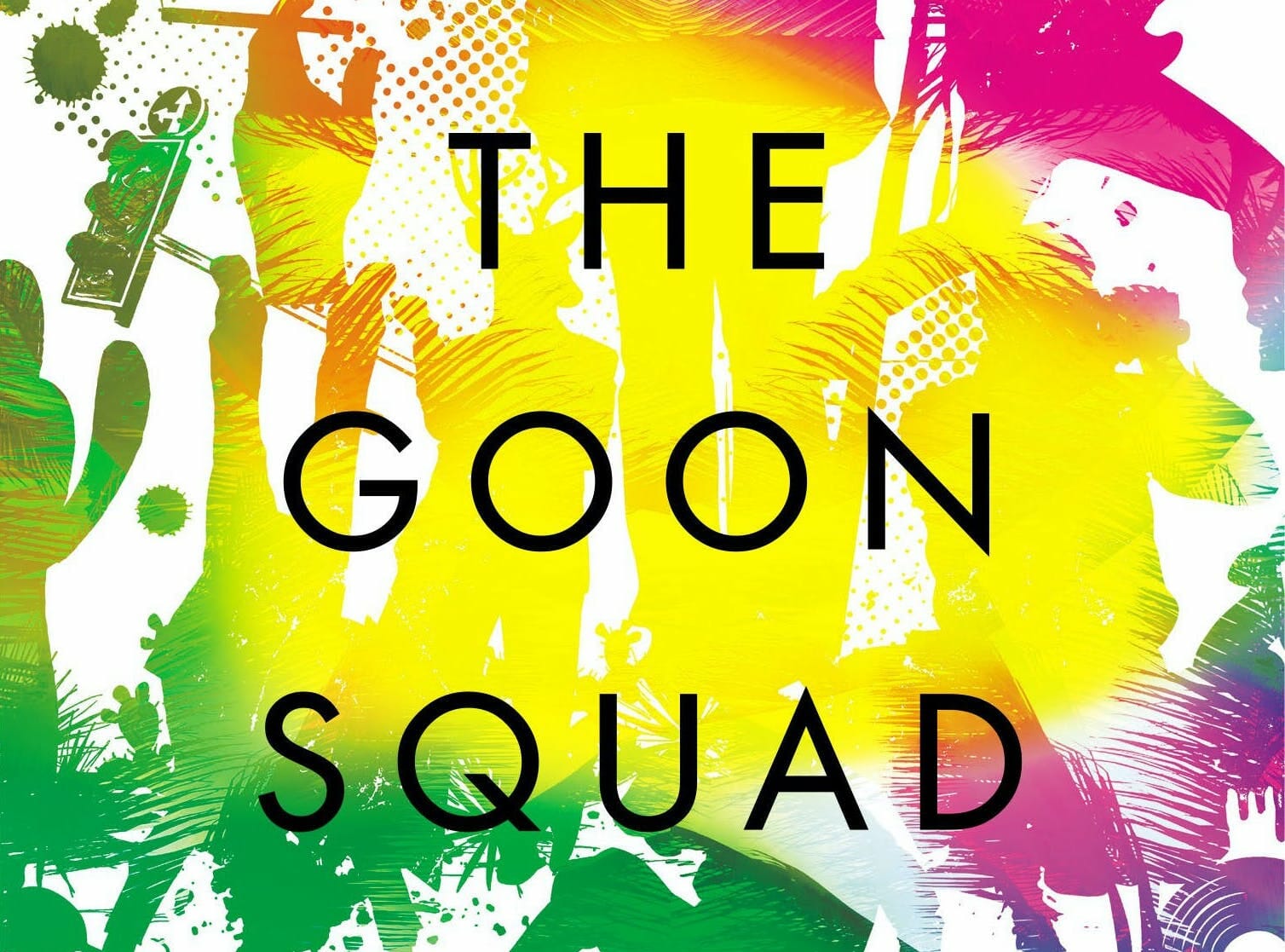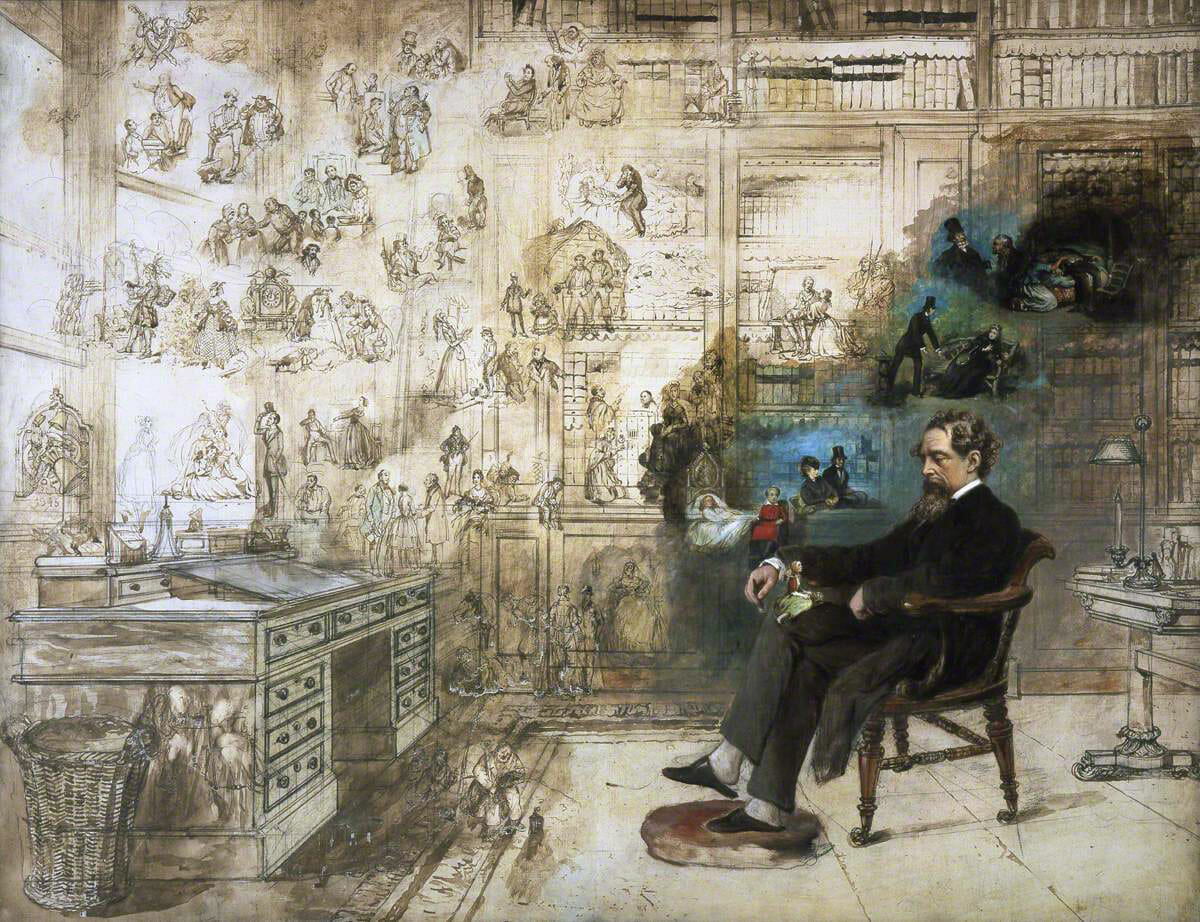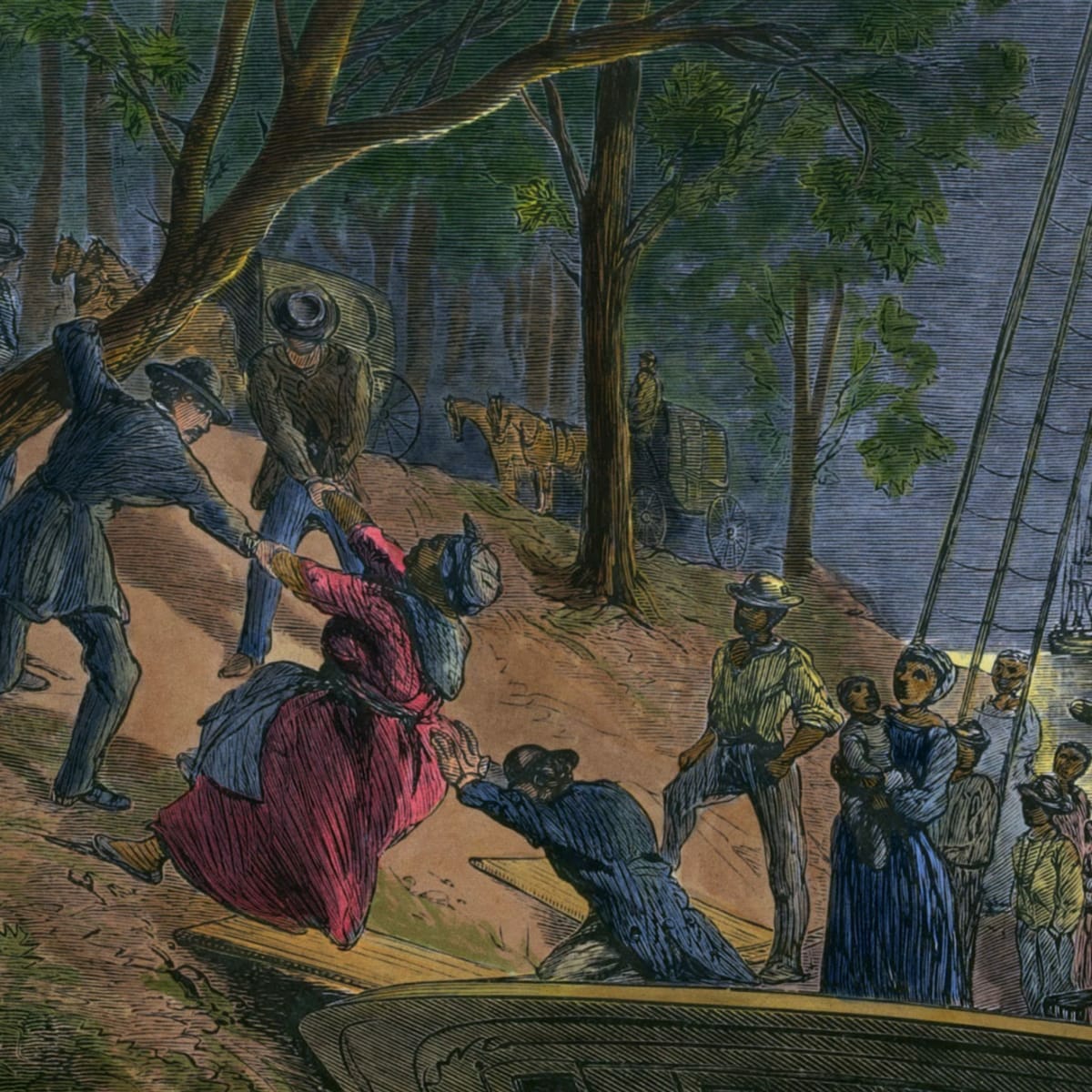
My Brilliant Friend has a unifying power
Author
Year
Format
Published in 2011, My Brilliant Friend (L’Amica Geniale) is enigmatic writer Elena Ferrante’s fifth book and the first of her internationally successful tetralogy Neapolitan Novels.
Read and discussed everywhere – in noisy kitchens as well as crowded university classrooms – Ferrante’s books have been analyzed, devoured, and finally turned into a tv series produced by HBO in 2018. It takes more than mere luck to make a bestseller. In the case of My Brilliant Friend, what has played a crucial role, first and foremost, is the balance between emotional charge, plot, and narrative pace. Ferrante’s books contain all the features of the grand popular narrative: simultaneously dense and readable, profound and light, constantly overturning situations, revealing the secret backgrounds of the characters, and adding event to event without respite.
Ferrante’s influences
Drawing on a diverse range of influences, from La Storia by Elsa Morante to Christa Wolff’s novels, Ferrante interweaves the main story – the life of two friends – with many others, creating new scenes, environments, and characters, constantly enriching the narrative. Elena and Lila, the protagonists, face dramas and challenges over the course of over fifty years. My Brilliant Friend possesses the ingredients of a family saga, and this element leads to the second reason behind its enormous success. The novel begins in the fifties, in a post-war Napoli – an era in which Italy is recovering from a significant trauma – and ends nearly in the present day.
Healing and affirmation
This temporal evolution gives My Brilliant Friend a sense of historical progression and verticality: the reader follows and retraces a path of healing and affirmation that involves the protagonists and the whole of Italy. Thus, Ferrante’s saga has a unifying, foundational power, the same as novels like Manzoni’s The Betrothed or Balzac’s Comedie Humaine.
Lastly, the uncertainty behind Ferrante’s identity – no one knows who she is – feeds curiosity and speculations and frees My Brilliant Friend from every attempt to pigeonhole it as “genre literature.”
The No. 1 Book of the 21st Century – and Its Mysterious Author
In 2024, The New York Times ranked Elena Ferrante’s book at the top of its 100 Best Books of the 21st Century list. Regarding My Brilliant Friend, the Book Review editorial team wrote: “Reading this uncompromising, unforgettable novel is like riding a bike on gravel: It’s gritty and slippery and nerve-racking, all at the same time.”
Alongside the acclaim, the mystery remains. The most significant literary work of the 21st century has yet to reveal its creator. The natural curiosity to uncover the mastermind behind this saga adds intrigue but does not overshadow the literary power of My Brilliant Friend.
Tag
Buy a ☕ for Hypercritic









